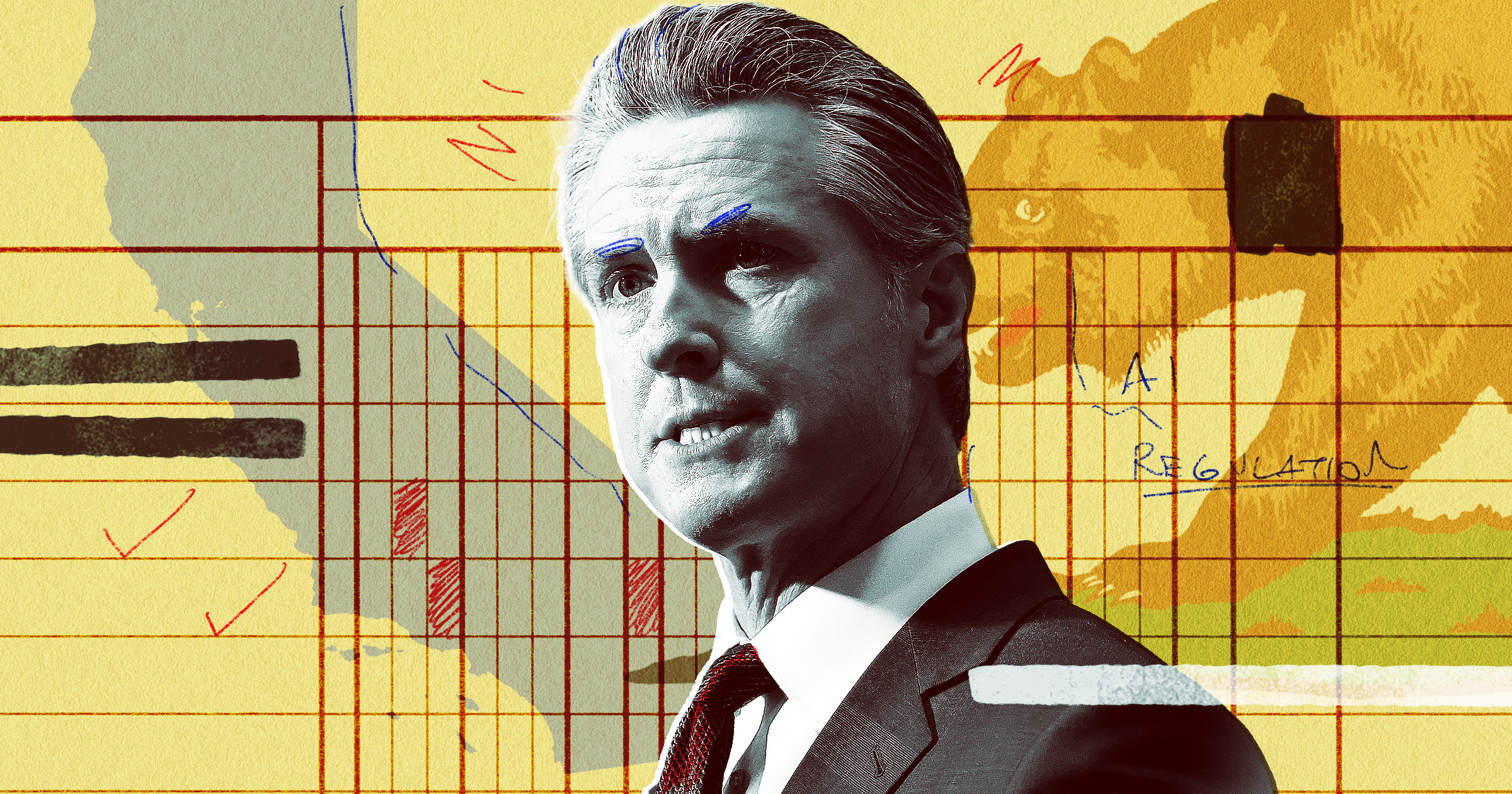
"The nascent AI industry has attracted untold hundreds of billions of dollars in investment over the past few years, but it's still operating in a near-total regulatory vacuum. That's not to say it's had no negative impact. The tech has been linked to a wave of mental health breakdowns, suicides and even murder - and that's without getting into allegations about the sector's surveillance of users, copyright violations, and other alleged negative effects on users and society."
"Now, lawmakers are starting to play catch-up. This week, California governor Gavin Newsom signed what proponents say isthe first AI safety and transparency law in the US. The Transparency in Frontier Artificial Intelligence Act, also known as SB 53, requires AI companies with over $500 million in revenue to publicly disclose their safety and security protocolsin fairly granular detail. "California has proven that we can establish regulations to protect our communities while also ensuring that the growing AI industry continues to thrive,""
"Critics might disagree. It's true that in some senses, the bill's scope is sweeping: it requires AI companies do everything from sharing how they plan to mitigate potential "Terminator"-esque scenarios of rogue AI rising up against humanity, to reporting critical safety incidents, to creating new protections for whistleblowers. On the other hand, its penalties feel distinctly feeble.Newsom vetoed a previous attempt at similarAI regulation last year, which would've"
Massive investment has created a large AI industry that largely operates without comprehensive regulation. The technology has been linked to mental health breakdowns, suicides, murder, user surveillance, copyright violations, and other societal harms. California passed the Transparency in Frontier Artificial Intelligence Act (SB 53), mandating that AI companies with over $500 million in revenue publicly disclose detailed safety and security protocols. The law requires plans to mitigate rogue-AI scenarios, reporting of critical safety incidents, and new protections for whistleblowers. Critics argue the law's penalties are weak, capped at $1 million per violation, after a tougher proposal was vetoed.
Read at Futurism
Unable to calculate read time
Collection
[
|
...
]